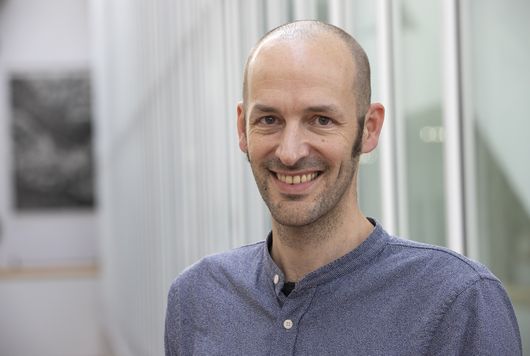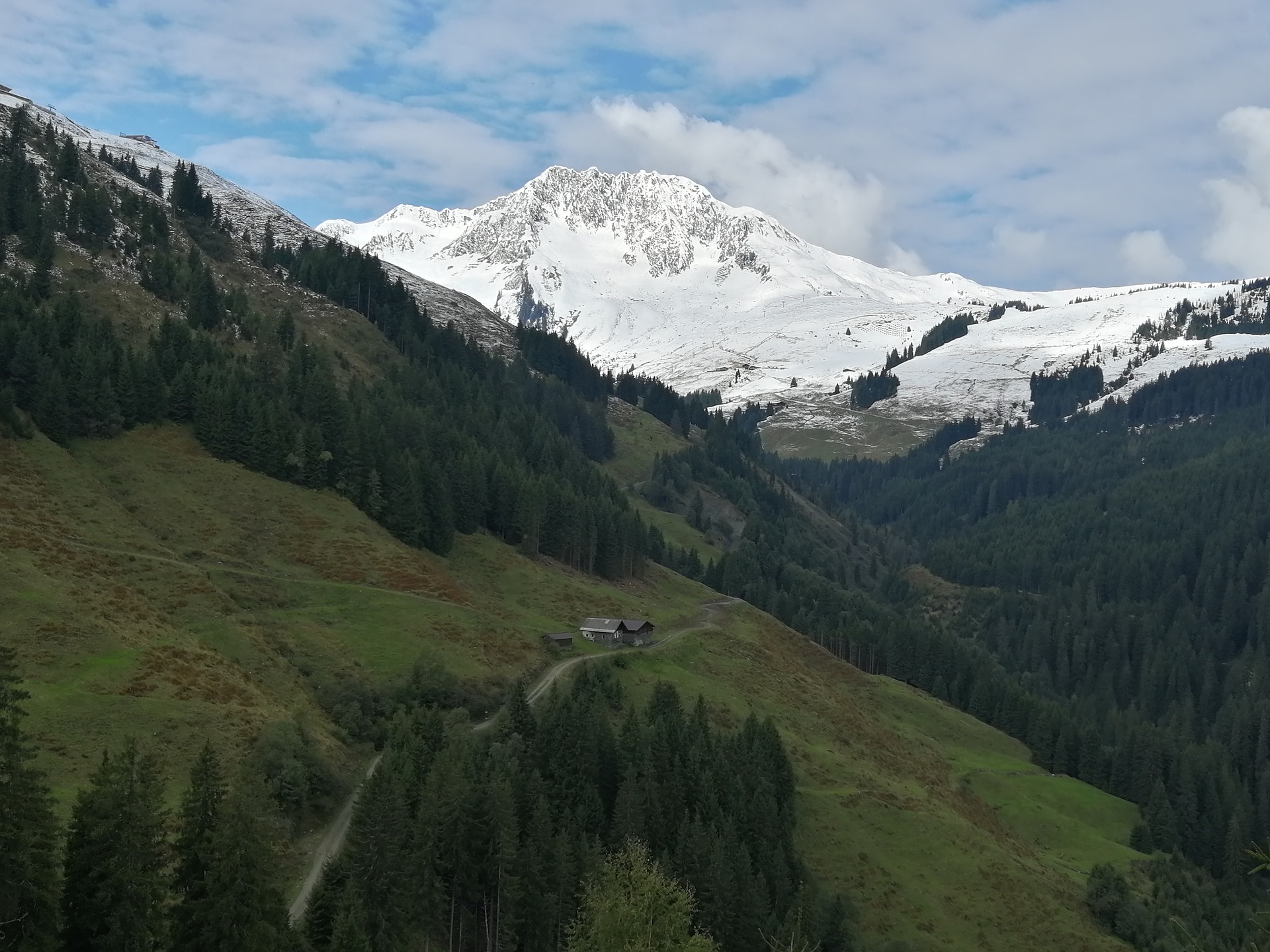NEW GEOLOGY PROFESSOR RESEARCHING INTERACTION BETWEEN CLIMATE CHANGE AND MOUNTAIN BUILDING
“It may seem that geologists looking into processes that took place 10 to 50 million years ago may sit in an ivory tower. On the contrary, what we do affects everyone. Not only when building a house, where one has to know the subsurface. With the climate crisis, it literally affects every single one of us,” says Christoph von Hagke.
“Climate laboratory” for thermochronology
Many geoscientists are researching the interaction between climate and tectonics (mountain building). So, what distinguishes Von Hagke’s research on this topic from the others?
“Most research groups are focused on geomorphology and study how the topography has changed. This involves processes closer to the earth’s surface and landscape development models. I also study processes that take place deeper into the earth. On the one hand, I do microscopic studies of rocks to understand how rocks break or are folded. I combine this with large-scale studies of rock erosion over long periods of time, which I determine with thermochronology. This combination is important to understand the reaction of mountain formation processes to climate fluctuations. I want to set up a new laboratory in Salzburg that deals with both aspects.
Thermochronology can be used to date the cooling history of rocks – based on certain minerals they contain (e.g. apatites) that incorporate uranium into their crystal lattice. The cooling of rocks reveals details about mountain formation. Thermochronology is effectively a climate laboratory. “Climate influences the erosion of mountains. Therefore, if we can detect changes in erosion and then also couple that with climate fluctuations, we can understand how mountains have previously reacted to climate change. From this we can draw conclusions about what is happening today and what will happen in the future.”
The relevance of Taiwan for the Alps
Von Hagke has studied mountain building processes in the Alps, Iceland, Naxos, Namibia, Oman, Thailand and Taiwan. According to the scientist, Taiwan is particularly relevant for research on the Alps; processes that take a very long time in the Alps are taking place at record speed in Taiwan. The island’s continental plates are moving 9 cm closer together each year. In addition, the humid climate increases erosion rates. “That’s why you can study the interaction between tectonics and climate particularly well in Taiwan.”
The 43-year-old is currently conducting research in the foothills of the Alps, among other places. Together with his team, he is investigating the geological subsurface, which could also be of economic importance for Salzburg when considering the implementation of geothermal energy. “Underground models show that geothermal energy is possible in Austria and the rocks around Salzburg can contribute to a better understanding of it.” Von Hagke – together with colleagues – wants to make geology at the PLUS an internationally visible hub of interdisciplinary research, and to appeal to even more international students.
Before the University of Salzburg, Christoph von Hagke worked at the RWTH Aachen and the California Institute of Technology (Caltech), among others. Last year, his work was awarded the “Outstanding Early Career Scientists Award 2020” by the European Geosciences Union (EGU).
Contact: Christoph von Hagke I Department of Geography and Geology I christoph.vonhagke(at)sbg.ac.at

Photo credit: Kolarik





